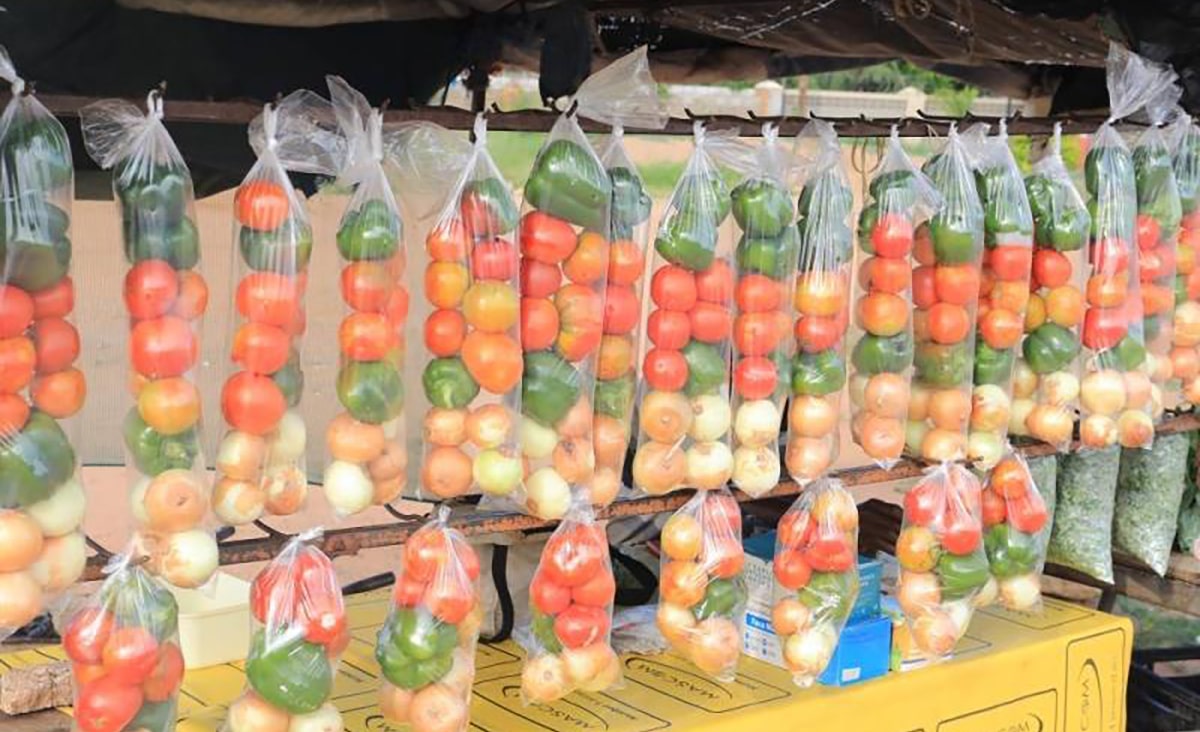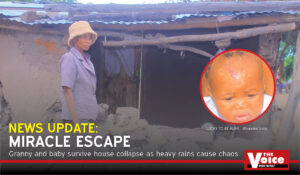The President’s 2023 State of the Nation Address (SONA) has been met with mixed reactions, with some observers commending its vision, while others criticizing it as a repetition of previous speeches.
In this article, The Voice reporter BAME PIET points out some key aspects of the speech where the President failed to provide sufficient elaboration.
- Reckless driving and property damage: In paragraph 21, the President briefly mentions the issue of reckless driving leading to property damage, but does not provide any specific details, such as the figures on property damage over the last 12 months, the number of lives lost, the age groups of those affected, and any information on accountability or charges related to these incidents. Given the daily impact of reckless driving, a deeper understanding of the root causes and possible solutions is crucial.
GRAVE CONCERN: Road accidents - SmartBots and good governance: In paragraph 47, the President highlights the launch of SmartBots, a digital platform that aims to foster democracy and good governance, by providing access to the internet and government services. While access to the internet is undoubtedly important for these ideals, effective laws and policies are equally essential. Unfortunately, many government websites remain outdated, and media inquiries often go unanswered for weeks. Access to the internet alone cannot replace well-established legal and policy frameworks that ensure transparency, accountability, and participation.
- Vegetable import ban and consumer prices: The restriction on vegetable imports has reduced the import bill but has also led to significant price increases for consumers. While this is a positive development for local producers, the economic impact on consumers must be considered. Items like onions, potatoes, green peppers, tomatoes, and cabbage have seen notable price hikes. The debate centers on whether a more gradual ban could have mitigated the financial burden on consumers, or whether other measures, such as subsidies or price controls, could be implemented.
LOCAL IS LEKKER: Vegetable import ban - Forbes Africa Under 30 and economic benefits: In paragraph 171, the President mentions hosting Forbes Africa Under 30, a prestigious event that showcases young African entrepreneurs and leaders but does not provide any details on the economic benefits for the country. It would be valuable to know how much the government spent on previous events and the economic gains, such as hotel bookings and expenditures from guests. The lack of this information raises questions about the event’s impact and return on investment.
- Substance abuse and data: The President expresses concern about the excessive use of habit-forming substances, especially among the youth, at paragraph 175. However, he does not provide any specific data on the extent and nature of the problem. People want to know how many young individuals have been admitted to hospitals or rehabilitation facilities due to substance abuse and how many have lost their lives. Transparency about the source of these drugs and the individuals involved would send a clear message about the severity of the issue and the government’s response.
ON THE RISE: Drug abuse - Gender discrimination and men: Paragraph 181 seems to promote gender discrimination against men. The President mentions progress in ensuring women’s participation in public sector leadership, but does not provide any information on whether these appointments were based on qualifications and fair competition with men. Concerns exist about the perception that some deserving male civil servants were overlooked in favour of women close to the President or the ruling party. The lack of transparency on this matter is a valid concern. Additionally, the President discusses training hundreds of women in business skills, without mentioning any plans for men. This has raised questions about potential gender-based discrimination in government policies. Creating an unequal society that economically disadvantages men is a matter that requires further examination.













